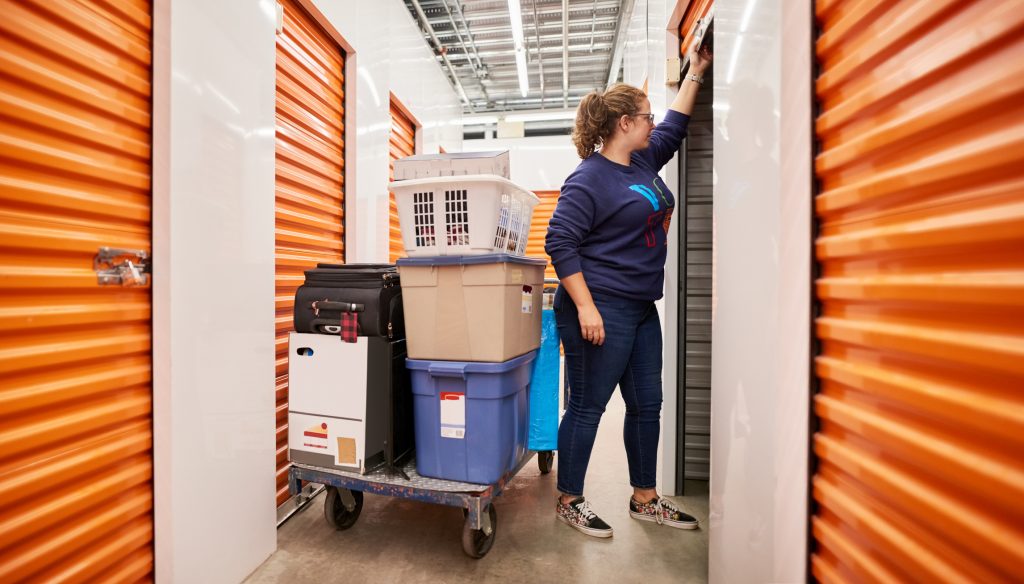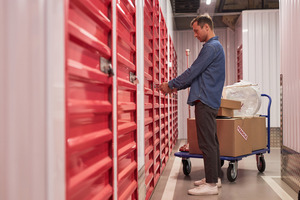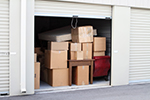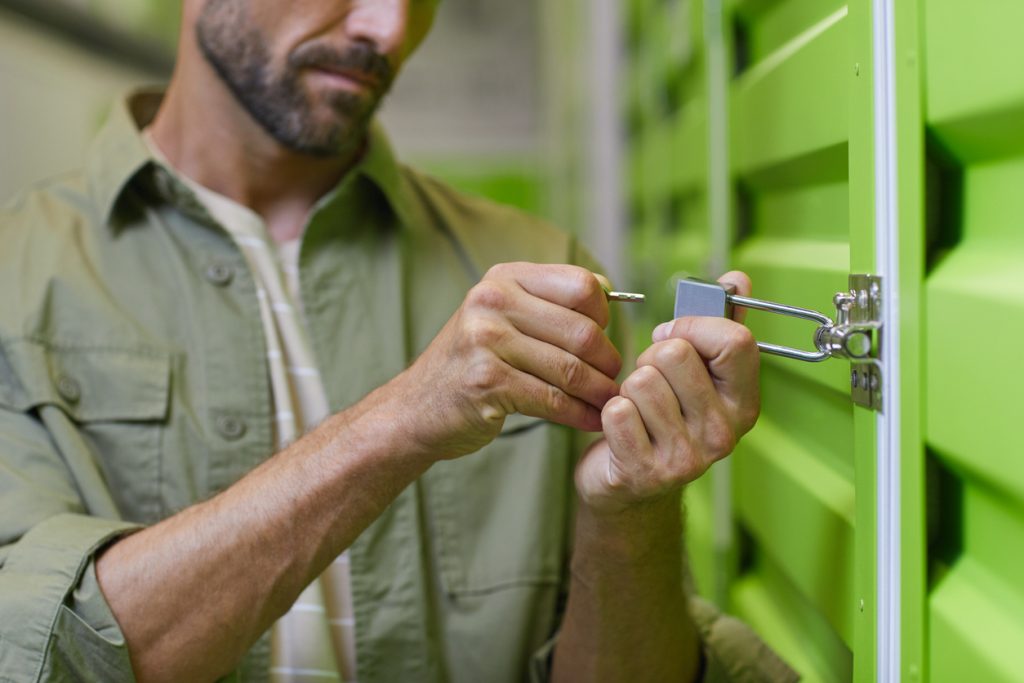A tidy, clutter-free home is the aim of many households. And while many have tackled the often daunting task of decluttering, the question that follows is, “What now?”
With charity shops having their own set of rules on accepted items, and some being temporarily overwhelmed with donations, it’s crucial to strategize your decluttering aftermath.
Here’s a guide on how to responsibly and efficiently deal with the items you’ve decided to part ways with:
1. Sort Your Items
It’s essential to sort through the items you have decluttered. Charity shops have specific guidelines on the type of items they can accept for reselling, especially when it comes to clothing.
Plus, you don’t want to end up paying more than you need to for a storage unit if there are big items of furniture that you’ll only end up getting rid of a couple of months down the line!
Take some time to understand these guidelines and categorize your items accordingly into piles for donating, recycling/disposing of, or selling online.
2. Put things you may need at a later date into storage
If you’ve got furniture, sentimental items, and other belongings that are taking up space in your home at the moment but that you might need in the future, putting these things into self-storage is a good option.
Self-storage is an affordable and convenient way of freeing up space in your own home. It removes the immediate need to make a harsh decision on whether to keep or throw up things that you’re not 100% sure you want to get rid of.
A good example here is, for example, if you have grown-up children who are studying at University or travelling. Perhaps you’d like to clear away some of their old belongings but don’t want to necessarily just dispose of them all.
Check out our page on storage insurance to stay up to date on protecting the value of any items you do put into storage.
3. Consider saving some items to sell online
Charity shops can’t be used to sell anything and everything – they only work when items can be given a second life. This includes clothes. In some cases, you may be better off attempting to sell your clothes online instead (or at least, keeping hold of your items to sell at a later date when it’s appropriate and safe to do so!).
Sites such as eBay, Depop, and Poshmark are all great platforms for selling second-hand clothing that is still in good condition. Sort through your decluttered clothes for items that haven’t be worn much and could be sold on to someone else. ‘Trendy’ items and clothes with tags still one will still do particularly well!
Surewise are proud to offer transparent insurance products that enable our customers to live life confidently.
Find out more about our:








